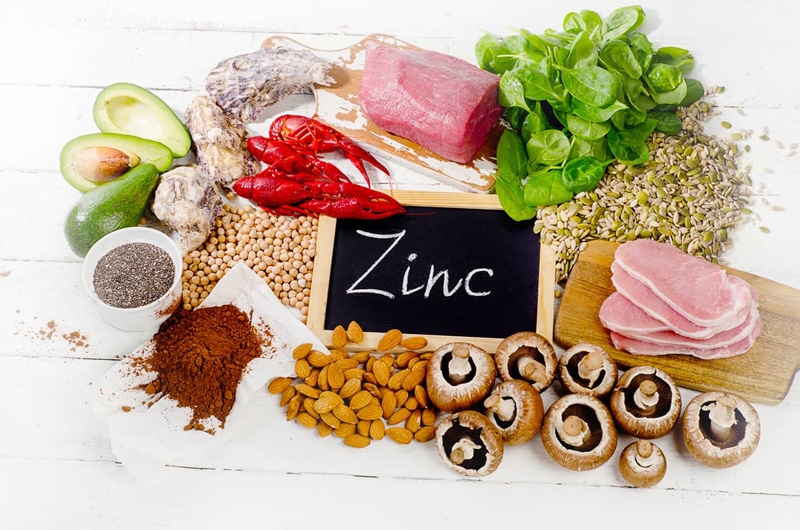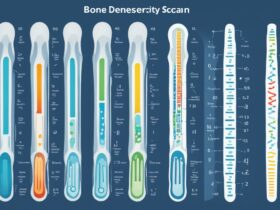Contents
What is Zinc?
Zinc is a trace element that is naturally present in certain foods and is also available as a dietary supplement. It is classified as an essential mineral because the body cannot produce it on its own. Therefore, it must be obtained through diet or supplementation.The Role of Zinc in the Body
Zinc serves as a cofactor for more than 300 enzymes in the body, playing a critical role in numerous biochemical reactions. It is involved in DNA synthesis, protein synthesis, and cell division. Additionally, zinc contributes to the structure and function of proteins and cell membranes.Zinc and Immune Function
Zinc plays a crucial role in supporting a healthy immune system. It is involved in the development and activation of immune cells, such as T cells and natural killer cells. Adequate zinc levels help maintain the integrity of the skin and mucosal barriers, which act as the first line of defense against pathogens.Zinc and the Common Cold
Zinc has been widely studied for its potential to reduce the duration and severity of the common cold. Research suggests that zinc lozenges or syrup taken within 24 hours of the onset of cold symptoms can help shorten the duration of the illness.Zinc and Respiratory Infections
In addition to the common cold, zinc may also play a role in preventing and reducing the severity of other respiratory infections, such as pneumonia and bronchitis. Adequate zinc levels support immune cell function, helping the body fight off pathogens more effectively.Zinc and Wound Healing
Zinc is essential for proper wound healing. It promotes cell growth and division, collagen synthesis, and the formation of new blood vessels. Zinc also has antioxidant properties, which help protect the skin from oxidative damage and inflammation.Zinc and Skin Health
Zinc plays a crucial role in maintaining healthy skin. It helps regulate sebum production, reducing the risk of acne breakouts. Zinc also possesses anti-inflammatory properties, which can alleviate symptoms associated with inflammatory skin conditions like eczema and psoriasis.Zinc and Cognitive Function
Emerging research suggests that zinc may have a positive impact on cognitive function and mental health. Adequate zinc levels support neuronal signaling and neurotransmitter synthesis, which are essential for optimal brain function.Zinc and Fertility
Zinc is involved in the production and maturation of sperm cells in men. It plays a crucial role in maintaining normal testosterone levels and supporting reproductive health. In women, zinc is necessary for proper egg development and hormonal balance.Zinc and Eye Health
Zinc is concentrated in various ocular tissues, including the retina. It acts as an antioxidant and helps protect against age-related macular degeneration (AMD) and other eye conditions. Adequate zinc levels are essential for maintaining optimal vision.Zinc and Hair Health
Zinc deficiency has been associated with hair loss and poor hair health. Zinc is involved in DNA and protein synthesis, which are necessary for healthy hair growth. Ensuring sufficient zinc intake may help prevent hair loss and promote thicker, stronger hair.Zinc and Taste Sensation
Zinc is necessary for the proper functioning of taste buds. It helps maintain taste sensitivity and the ability to detect different flavors. Zinc deficiency can lead to a loss of taste sensation and a decreased appetite.Zinc and Acne
Studies have shown that zinc supplementation may help reduce the severity of acne. Zinc’s anti-inflammatory properties can alleviate redness and inflammation associated with acne breakouts. It also helps regulate oil production, preventing clogged pores.Food Sources of Zinc
Zinc can be obtained from various food sources. Good dietary sources of zinc include oysters, beef, poultry, dairy products, beans, nuts, and whole grains. Including these foods in your diet can help ensure an adequate intake of zinc.Zinc Supplements
In some cases, dietary sources may not provide sufficient zinc, especially for individuals with certain medical conditions or dietary restrictions. In such cases, zinc supplements can be beneficial. It is important to consult with a healthcare professional before starting any supplementation regimen.Conclusion
Zinc is a remarkable mineral that plays a crucial role in various bodily functions. From supporting the immune system to promoting wound healing, skin health, and cognitive function, the benefits of zinc are truly surprising. Ensuring an adequate intake of zinc through a balanced diet or supplementation can contribute to overall health and well-being.ธาตุเหล็ก สำคัญแค่ไหน ?
Are There Any Benefits of Caffeine That Are Similar to Zinc?
Both caffeine’s surprising health benefits and zinc offer a range of advantages for the body. While zinc supports immune function and wound healing, caffeine enhances alertness and cognitive performance. While both have distinctive benefits, they collectively contribute to overall wellness and can be incorporated into a balanced lifestyle.









